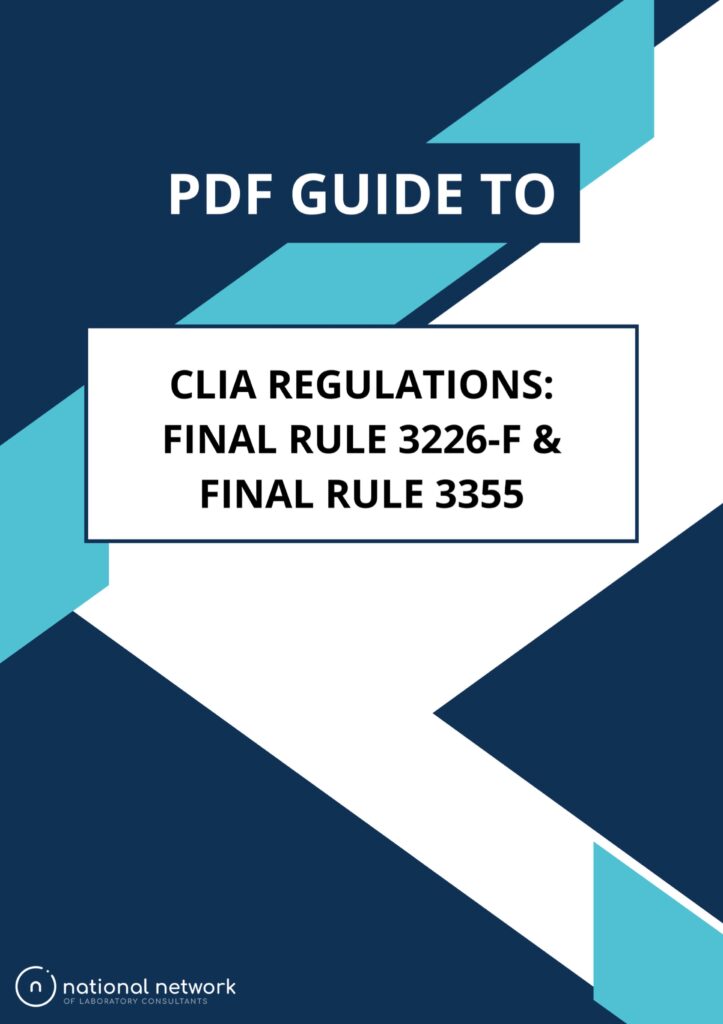Summary of Changes:
1. Updated Degree Requirements for Laboratory Personnel
Military-trained MLTs now have a clear pathway for high-complexity roles, while physical science degrees are excluded for laboratory director qualifications. Only degrees in biological, chemical, or clinical laboratory sciences qualify, modernizing standards to align with clinical competencies and workforce needs.
2. Doctoral Degree Eligibility for High-Complexity Labs
The Doctor of Clinical Laboratory Science (DCLS) degree is now recognized for high-complexity laboratory director roles, expanding opportunities for advanced professionals. This change strengthens the pathway for qualified doctoral candidates.
3. Nursing Degree Limitations for High-Complexity Labs
Nursing degrees are no longer acceptable for laboratory directors of high-complexity labs due to misalignment with required scientific competencies. However, they remain valid for moderate-complexity roles.
4. Onsite Visit Requirements for Laboratory Directors
Laboratory directors must now visit their labs at least twice every six months, with a minimum four-month interval. Documentation of these visits is required, ensuring active oversight and adherence to evolving best practices.
5. Continuing Education (CE) Requirements
Laboratory directors must obtain 20 CE credits annually, focused on responsibilities outlined in CLIA regulations. This applies to both moderate and high-complexity labs, emphasizing the need for ongoing professional development.
6. Revised Qualifications for Moderate-Complexity Labs
Directors of moderate-complexity labs can qualify with a bachelor’s or master’s degree if they meet specific training, experience, and CE requirements. The changes aim to balance flexibility with maintaining rigorous standards.
7. Training and Experience Standards
Training and experience must now be acquired in CLIA-certified labs, excluding research and forensic facilities. The updated standards emphasize clinical relevance and documentable competencies.
8. Grandfather Clause for Existing Directors
Laboratory directors in place before December 28, 2024, are exempt from the new qualifications, ensuring continuity. New hires, however, must meet all updated standards, urging labs to plan leadership transitions carefully.
9. Competency Assessments and Proficiency Testing Updates
Stricter proficiency testing targets have been introduced, including narrower acceptable ranges for many analytes. These changes will require labs to revise quality control practices to ensure compliance.
10. Fee Increases and Adjustments
An 18% across-the-board fee increase supports program sustainability, along with new fees for follow-up surveys and proficiency testing reviews. Fee adjustments will occur every two years based on inflation metrics.
Get our Full PDF Guide
CLIA Regulations- Final Rule 3226-F & Final Rule 3355
For full specifics and detailed requirements.



